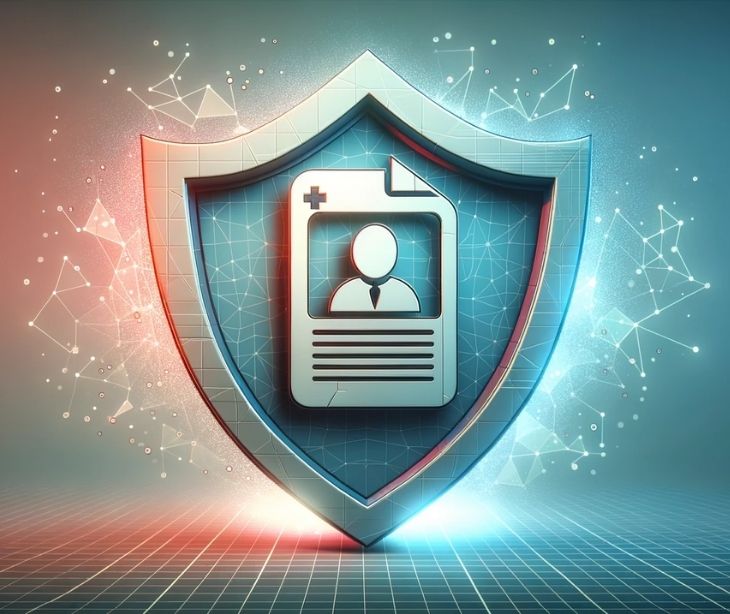
A data breach is unauthorized access to sensitive information. Healthcare organizations must know how to respond due to legal obligations to protect patient data. Responding appropriately will help safeguard privacy, adhere to the HIPAA requirements, and hopefully minimize damage.
What are HIPAA data breaches?
HIPAA data breaches occur when there is an unauthorized disclosure of protected health information (PHI), which encompasses a wide range of sensitive health-related data, such as medical records, billing information, insurance claims, and more.
The importance of preparedness
Having a well-structured data breach response plan in place is not only best practice but, in fact, a legal requirement. A prepared response allows healthcare organizations to react promptly and efficiently when a security incident occurs, minimizing potential harm and mitigating damage.
Steps to respond to a HIPAA data breach
1. Identify and contain the breach:
- Organizations must immediately recognize the breach and take measures to halt any unauthorized access or disclosure of PHI.
- Isolate the affected systems, devices, or records to prevent further compromise of data.
- If the breach is the result of a cyberattack, engage IT and cybersecurity experts to investigate the breach thoroughly and address underlying vulnerabilities.
2. Evaluate the scope and impact:
- Determining the full extent of the breach is the next step. This includes understanding the types and quantity of PHI exposed.
- Assess potential harm to the individuals affected. Identify risks such as identity theft, financial fraud, or discrimination.
- Investigate the cause of the breach and the underlying security vulnerabilities to prevent similar incidents in the future.
3. Notify the affected individuals:
- HIPAA mandates that healthcare organizations notify individuals whose PHI has been compromised. Timeliness is of the essence.
- Communication should be clear and understandable, providing affected individuals with information about the breach, the specific data types that have been exposed, the potential risks they face, and steps they can take to protect themselves.
4. Report to regulatory authorities:
- Depending on the size and impact of the breach, organizations may need to report the incident to the Department of Health and Human Services (HHS) and potentially to the media, as stipulated by HIPAA regulations.
- Healthcare organizations must comply with the specific reporting requirements outlined in the HIPAA Breach Notification Rule.
5. Mitigate harm:
- Immediate steps must be taken to mitigate harm, protect affected individuals, and prevent further breaches.
- Offering credit monitoring or identity theft protection services, if required, can help affected individuals safeguard their personal information.
6. Investigate and remediate:
- Conduct a thorough internal investigation to determine the root cause of the breach.
- Implement corrective actions to address vulnerabilities and prevent similar breaches in the future. This may involve strengthening security measures, updating policies, and reevaluating access controls.
7. Document the breach response:
- Detailed documentation of the breach response process aids in compliance and potential legal proceedings.
- Maintain accurate records of the investigation, notifications, and remediation efforts.
8. Train and educate staff:
- Ongoing staff training ensures HIPAA compliance and enhances data security.
- Employees must understand the regulations, security protocols, and their role in safeguarding PHI. Emphasize the importance of promptly reporting potential security incidents.
9. Review and update policies:
- As security threats evolve, so should security policies and procedures.
- Regular reviews and updates to security protocols are necessary to adapt to emerging threats and vulnerabilities.
Subscribe to Paubox Weekly
Every Friday we bring you the most important news from Paubox. Our aim is to make you smarter, faster.




